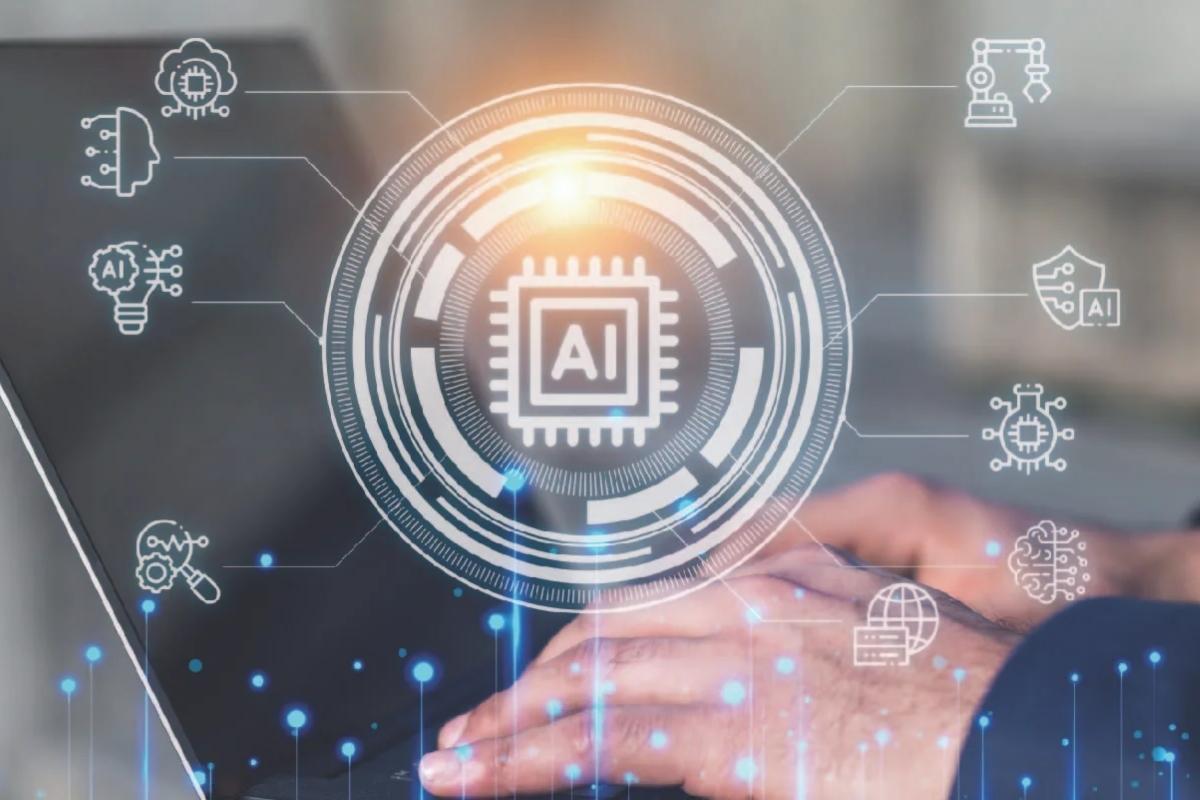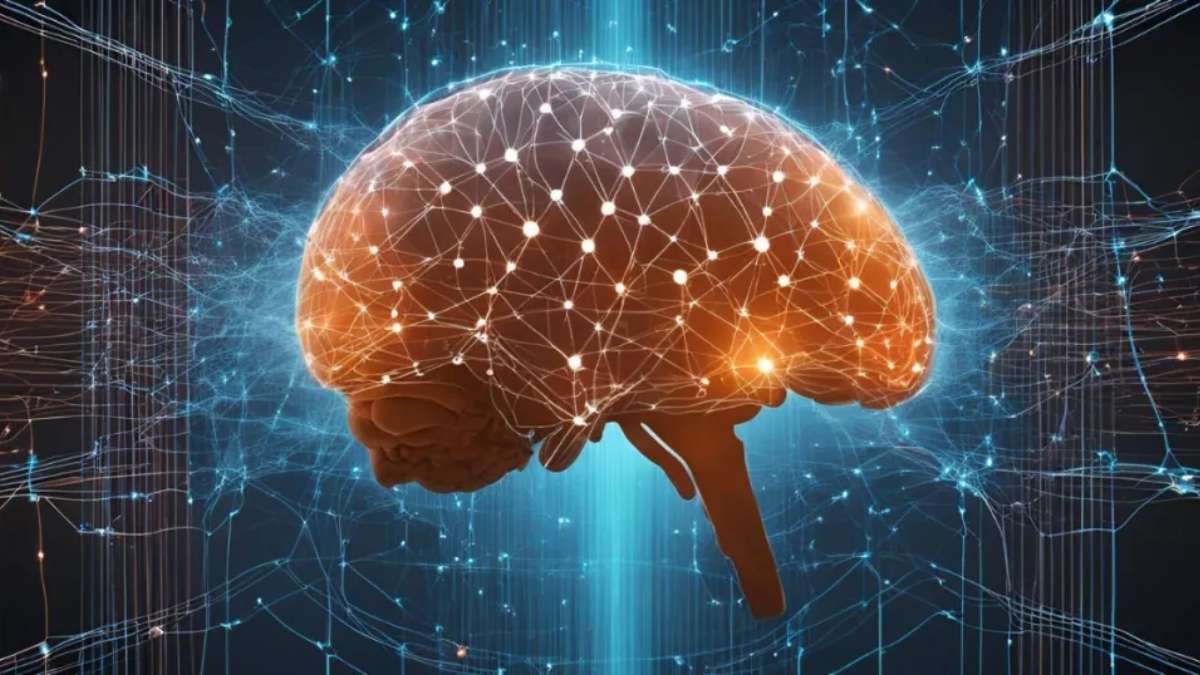Artificial Intelligence (AI) is no longer a futuristic concept—it is actively transforming daily life in the United States. From smart assistants to self-driving cars, AI is revolutionizing industries, reshaping the workforce, and influencing how Americans interact with technology. But how far will this AI revolution go, and what does it mean for the future?
AI in Daily Life
AI has integrated seamlessly into many aspects of American life, often without people realizing it. Here are some key areas where AI is making an impact:
1. Smart Assistants & Automation
Virtual assistants like Alexa, Siri, and Google Assistant have become household staples, helping people with tasks ranging from setting reminders to controlling smart home devices.
2. Healthcare Revolution
AI-driven diagnostics and robotic-assisted surgeries are improving patient outcomes. Algorithms can detect diseases like cancer at earlier stages, while wearable devices powered by AI track users’ health in real time.

3. Autonomous Vehicles
Companies like Tesla, Waymo, and Uber are developing AI-powered self-driving cars. While full automation is still in progress, AI-assisted driving features are already making roads safer.
4. E-commerce & Personalization
AI powers recommendation engines on platforms like Amazon, Netflix, and Spotify, analyzing user data to provide personalized shopping, entertainment, and music suggestions.
5. Finance & Banking
AI is reshaping the financial sector with fraud detection, algorithmic trading, and robo-advisors that help Americans manage their investments with minimal human intervention.
The Changing Job Market
AI is automating routine tasks across multiple industries, raising concerns about job displacement while also creating new opportunities.
- Jobs at Risk: AI is replacing roles in manufacturing, customer service, and data entry, among others.
- New Opportunities: AI is generating demand for tech-savvy professionals in fields like machine learning, AI ethics, and robotics engineering.
- The Human-AI Collaboration: Rather than fully replacing jobs, AI is augmenting human work, allowing for greater efficiency and productivity in various fields.
Ethical & Social Concerns
The widespread adoption of AI also raises ethical and societal questions:
- Privacy Issues: AI-driven surveillance and data collection raise concerns about personal privacy and data security.
- Bias in AI: Algorithms can reinforce societal biases, leading to discrimination in hiring, law enforcement, and credit approvals.
- Control & Decision-Making: Should AI be allowed to make critical decisions in areas like healthcare, criminal justice, or warfare?
The Future of AI in the U.S.
The United States is at the forefront of AI research and development, but regulation and oversight will be crucial. Future trends may include:
- Stronger AI Regulations: Policymakers are working to establish ethical guidelines to prevent AI misuse.
- Advancements in General AI: AI systems are moving beyond narrow applications, aiming for more human-like cognitive abilities.
- AI in Government: AI is being used in policy-making, national security, and infrastructure development, shaping the future of governance.
Artificial Intelligence is reshaping everyday life in the U.S., offering both remarkable benefits and significant challenges. As AI continues to evolve, balancing innovation with ethical considerations will be key to ensuring a future where AI enhances human life rather than controlling it. The AI revolution is here—how America chooses to navigate it will define the future.


